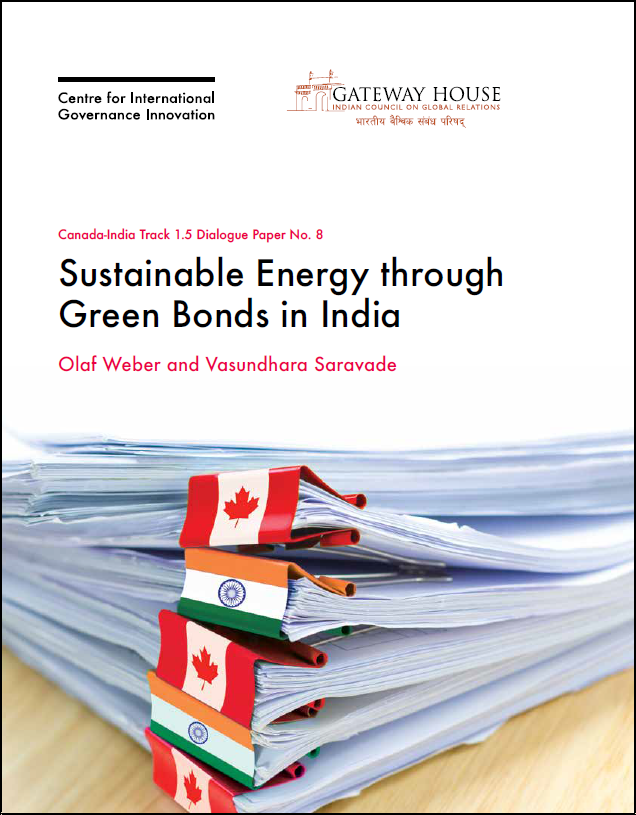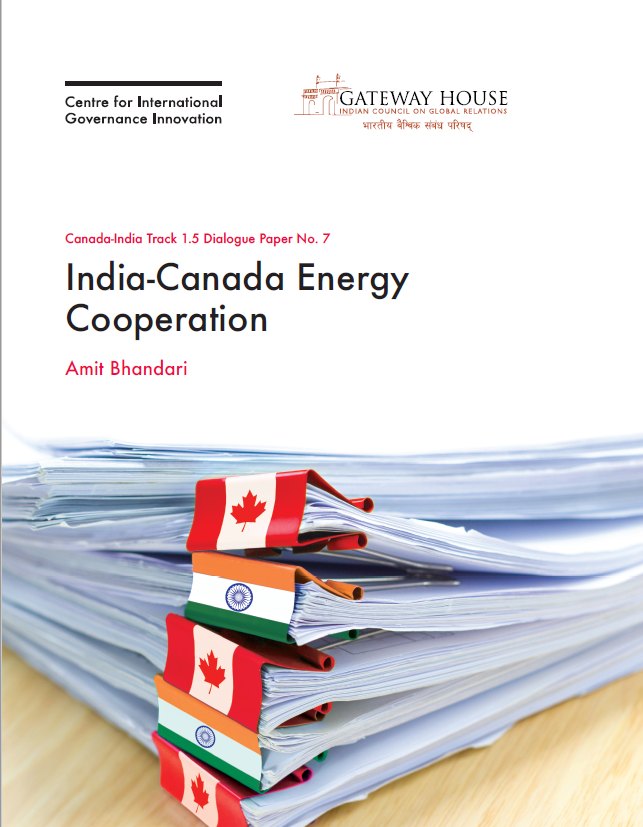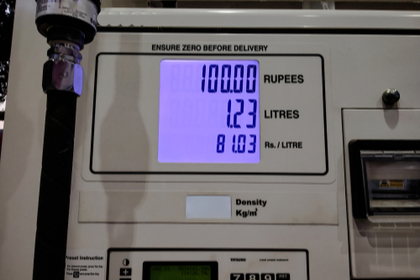Attracting Green FDI to India
India can attract greater foreign direct investment through green bonds – a climate finance debt instrument that addresses environmental and climate-related challenges. These issuances have been linearly increasing over the years, driven by institutional pressure, provided in part by the Securities and Exchange Board of India’s regulation, and by the informal advocacy of market stakeholders.










